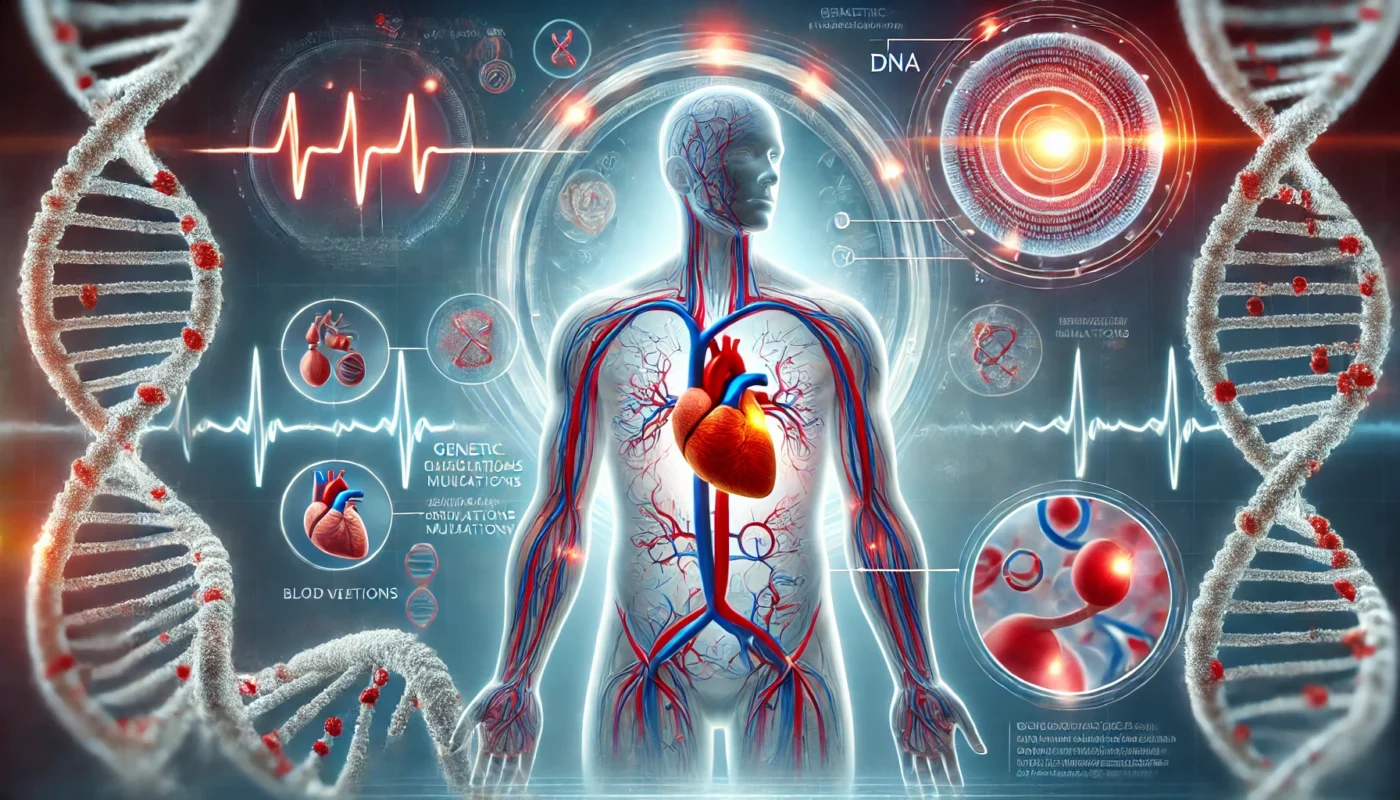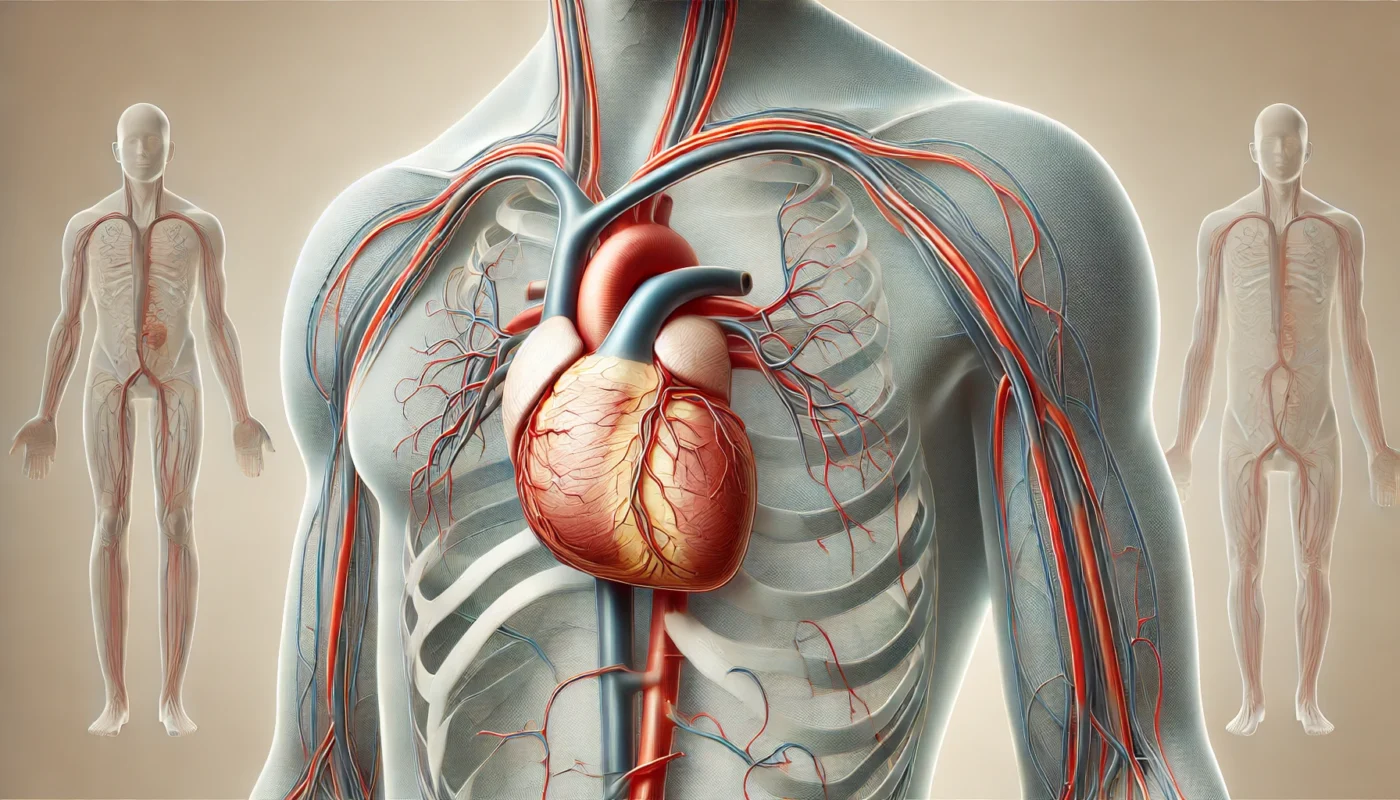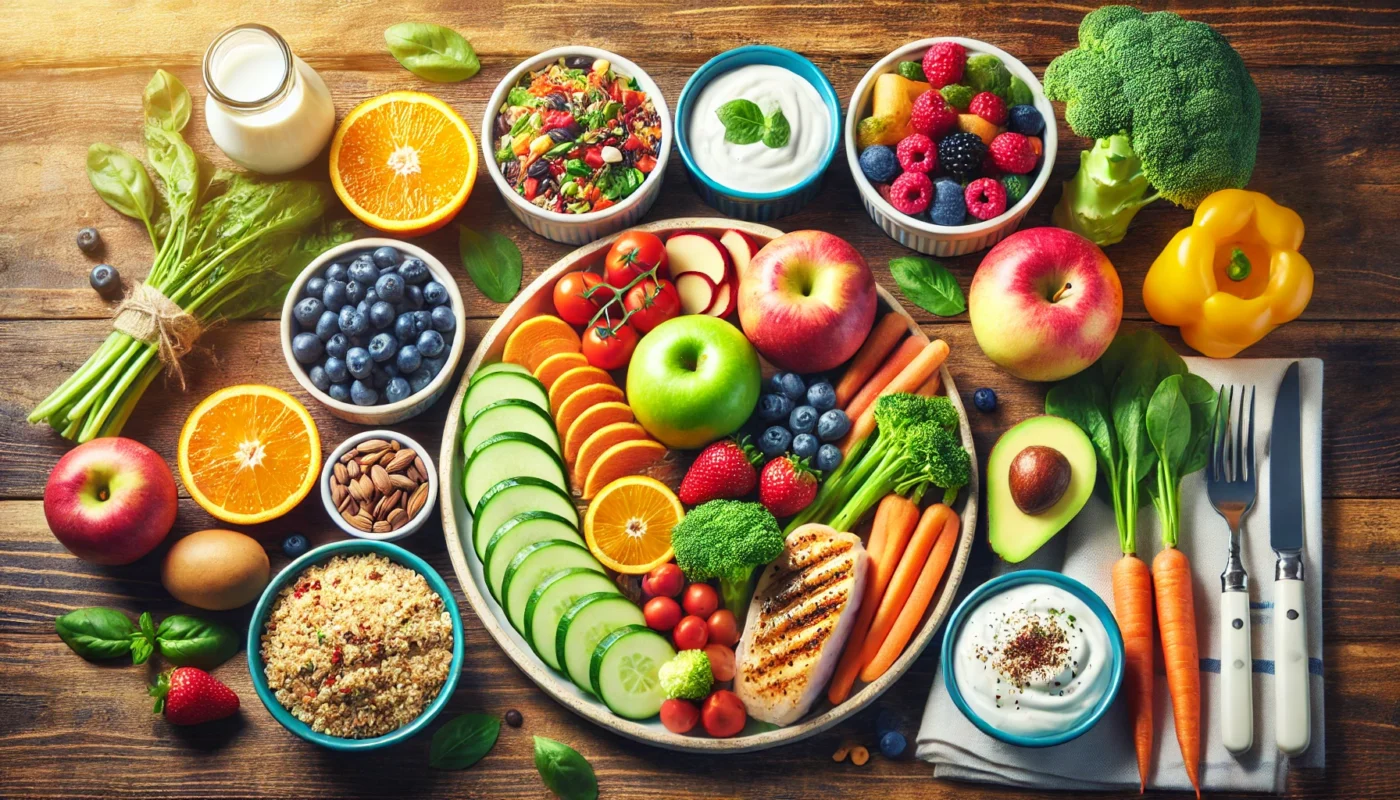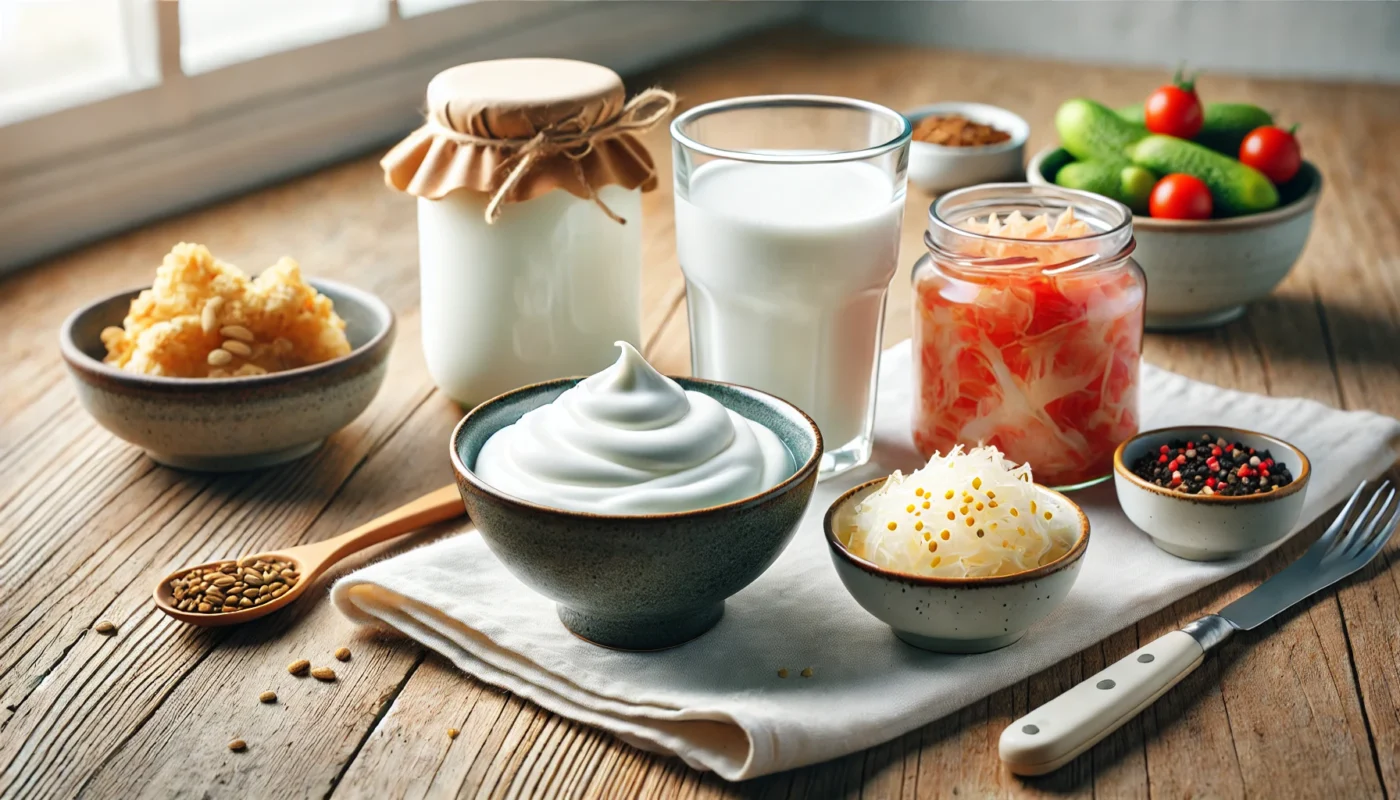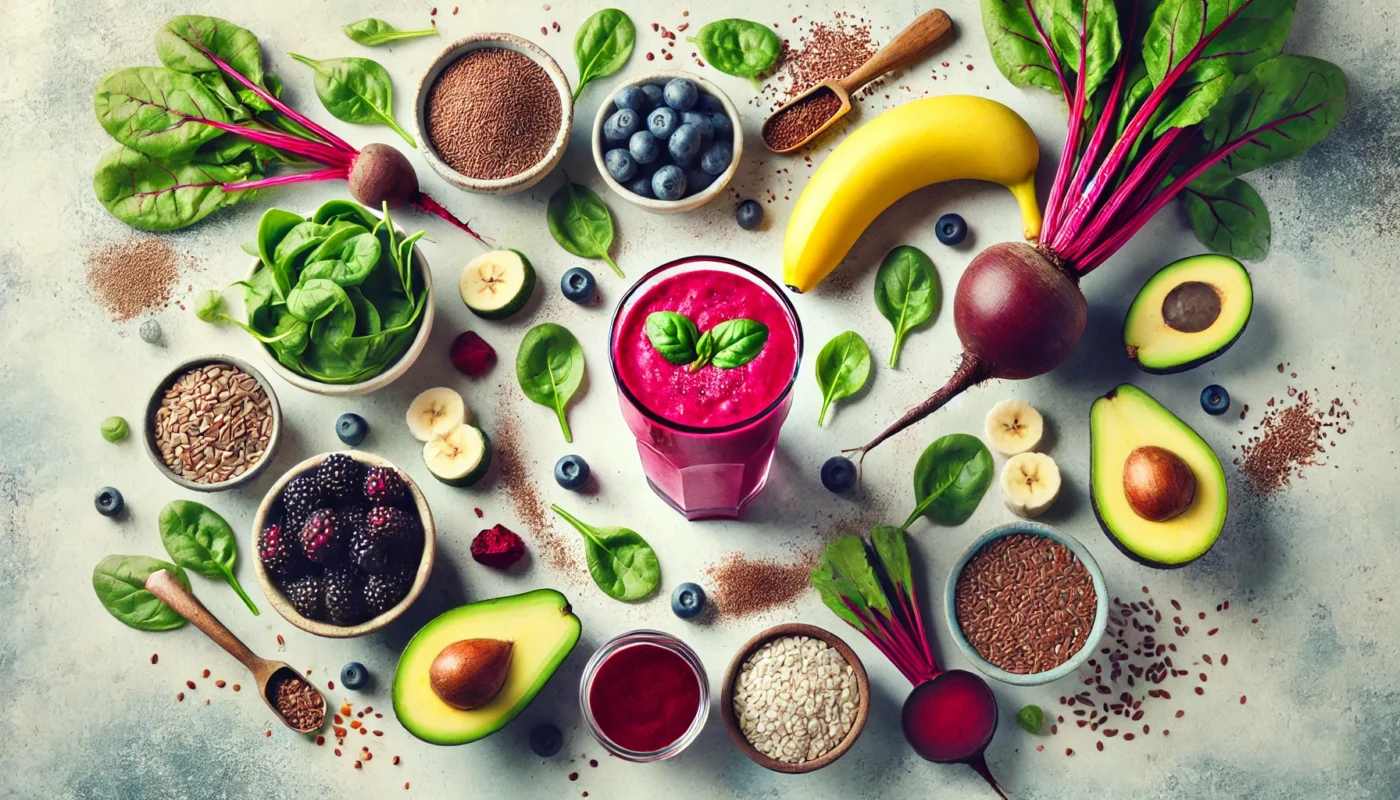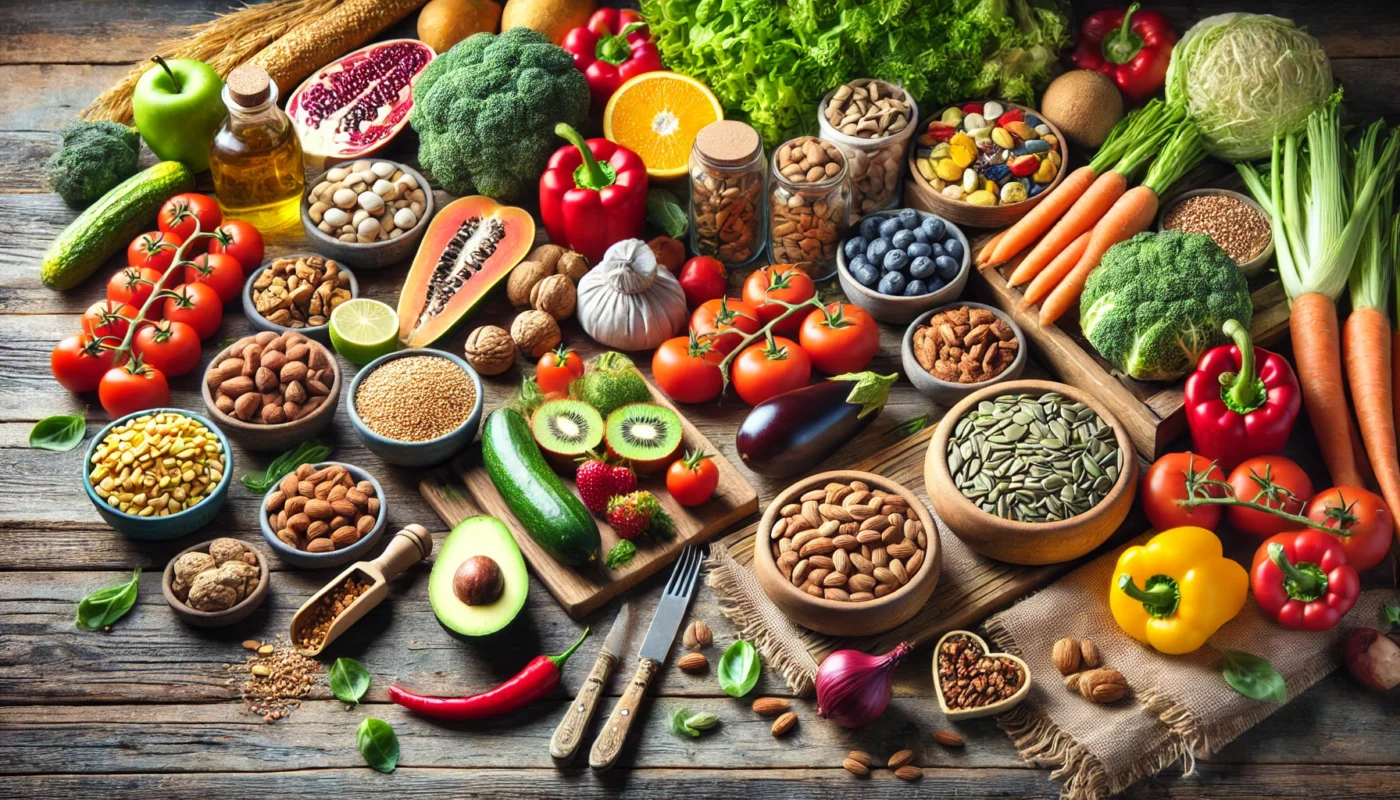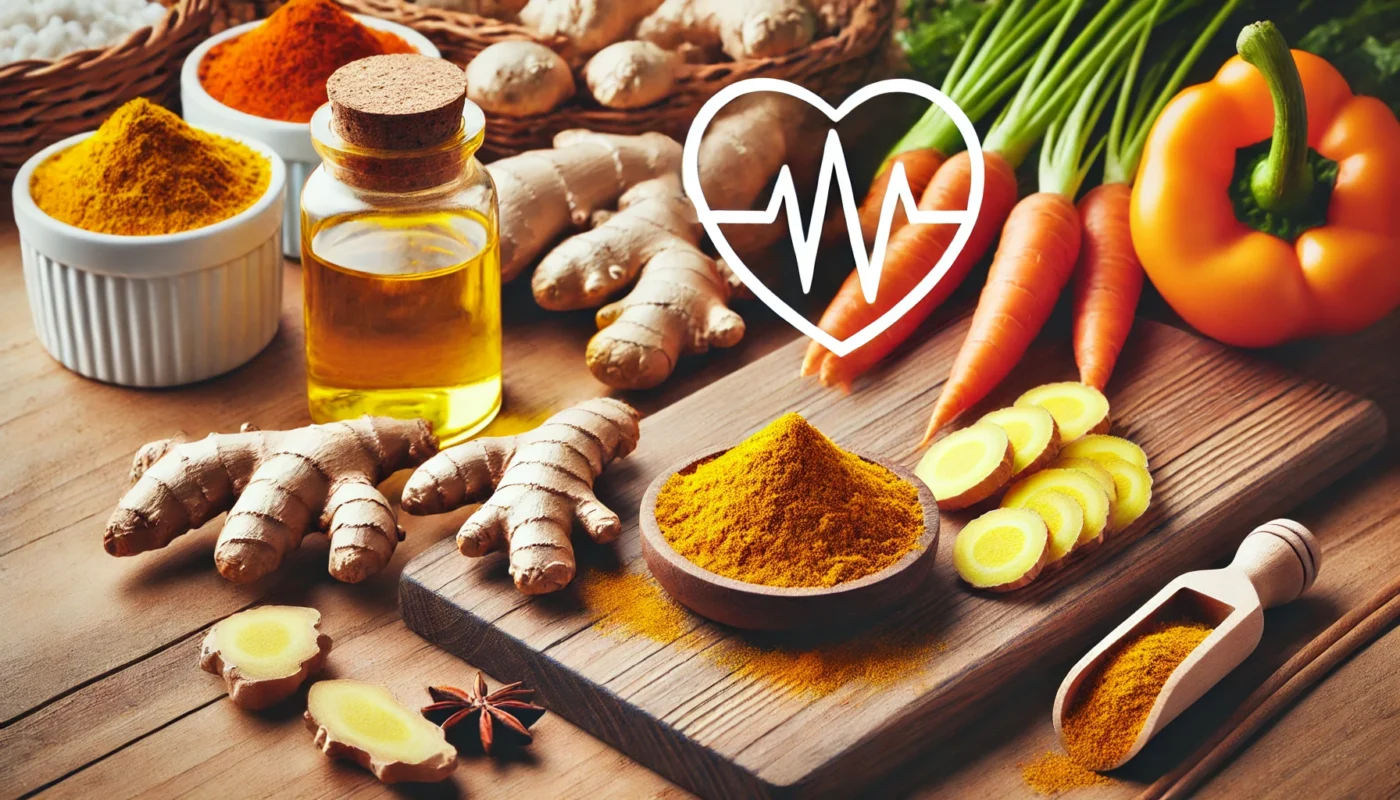Hypertension, or high blood pressure, is one of the most common chronic conditions worldwide, affecting over 1.28 billion people according to the World Health Organization (WHO). Defined as a persistent systolic blood pressure of 130 mmHg or higher or a diastolic blood pressure of 80 mmHg or higher, hypertension significantly increases the risk of cardiovascular […]
Tag Archives: Hypertension Management
Hypertension, or high blood pressure, is a silent yet powerful force in the development of heart disease, which remains the leading cause of death worldwide. According to the World Health Organization (WHO), over 1.28 billion adults globally suffer from hypertension, with only one in five having it under control. Characterized by sustained elevated blood pressure of 130/80 mmHg or higher, hypertension imposes stress on the cardiovascular system, damaging arteries and overworking the heart. This article explores the connection between hypertension and heart disease, the mechanisms that exacerbate cardiovascular risk, and practical strategies to protect your heart.
Hypertension, commonly known as high blood pressure, is a global health challenge, affecting more than 1.28 billion people worldwide, according to the World Health Organization (WHO). Defined as a blood pressure reading of 130/80 mmHg or higher, hypertension is a leading risk factor for cardiovascular diseases, stroke, and kidney failure. While factors such as genetics, diet, and physical activity are well-established contributors, the role of stress in hypertension is increasingly being recognized. Chronic stress can elevate blood pressure through physiological and behavioral pathways, making it a key focus in hypertension management. This article explores the connection between stress and hypertension, and how relaxation techniques such as mindfulness, yoga, and meditation can help lower blood pressure and improve overall health.
Hypertension, or high blood pressure, is a condition that affects millions worldwide and significantly increases the risk of cardiovascular disease, kidney failure, and stroke. While medications are often prescribed to control hypertension, lifestyle changes, particularly dietary modifications, are critical in preventing and managing the condition. Among these, the Dietary Approaches to Stop Hypertension (DASH) diet stands out as a scientifically validated and highly effective approach. This comprehensive guide explores the DASH diet, how it works, its benefits, and its role in hypertension management, supported by research and practical strategies for implementation.
Hypertension, or high blood pressure, is one of the leading causes of cardiovascular disease worldwide, affecting over 1.28 billion adults, according to the World Health Organization (WHO). While factors like diet, physical activity, and stress are well-established contributors to hypertension, an emerging area of interest is the role of gut health. The gut microbiome—an ecosystem of trillions of microorganisms—plays a vital role in regulating various aspects of health, including blood pressure. Probiotics, live beneficial bacteria found in certain foods and supplements, are increasingly recognized for their potential to manage hypertension.
Hypertension, or high blood pressure, affects nearly half of all adults globally and is a major contributor to cardiovascular disease, kidney damage, and stroke. Managing hypertension typically involves a combination of medications, dietary changes, and regular physical activity. Recently, intermittent fasting (IF) has gained popularity as a potential strategy for improving various aspects of metabolic and cardiovascular health, including blood pressure regulation. This article evaluates the effectiveness and safety of intermittent fasting for managing hypertension, explores the mechanisms behind its potential benefits, and provides practical guidance for incorporating IF into a hypertension management plan.
Hypertension, or high blood pressure, is one of the leading preventable causes of heart disease and stroke, affecting nearly half of all adults worldwide. As researchers continue to investigate lifestyle factors influencing blood pressure, dietary habits have emerged as a key component of hypertension management. Among these, the role of dairy products—often considered both nutritious and controversial—has gained significant attention. While dairy is a rich source of essential nutrients like calcium, potassium, and magnesium, which are known to benefit heart health, concerns about its fat content and potential adverse effects linger.
Hypertension, or high blood pressure, affects nearly half of adults worldwide and is a leading cause of cardiovascular disease, stroke, and kidney damage. Managing hypertension often involves a combination of lifestyle changes, such as regular exercise, stress reduction, and a heart-healthy diet. Among dietary approaches, smoothies have emerged as an effective and enjoyable way to incorporate nutrient-rich ingredients that support blood pressure regulation. This article delves into the science-backed smoothie ingredients that can help lower hypertension, offering practical advice on how to craft heart-healthy blends.
Hypertension, or high blood pressure, is a leading global health concern, affecting nearly 1.28 billion adults worldwide according to the World Health Organization (WHO). Often called the “silent killer,” hypertension significantly increases the risk of cardiovascular diseases, stroke, and kidney failure. While medication and lifestyle changes remain the cornerstones of blood pressure management, dietary choices play a pivotal role in prevention and treatment. Plant-based diets, including vegetarian and vegan approaches, have garnered increasing attention for their potential to lower blood pressure and improve overall cardiovascular health.
Hypertension, commonly referred to as high blood pressure, affects nearly half of all adults worldwide and is a significant risk factor for cardiovascular diseases, kidney failure, and stroke. While traditional management strategies include medication, diet, and exercise, an increasing body of research highlights the role of natural substances, including spices, in blood pressure regulation. Among these, turmeric and ginger stand out for their potent anti-inflammatory, antioxidant, and vasodilatory properties. This article explores the mechanisms through which turmeric, ginger, and other common spices influence hypertension and discusses their potential role in a heart-healthy lifestyle.
- 1
- 2

